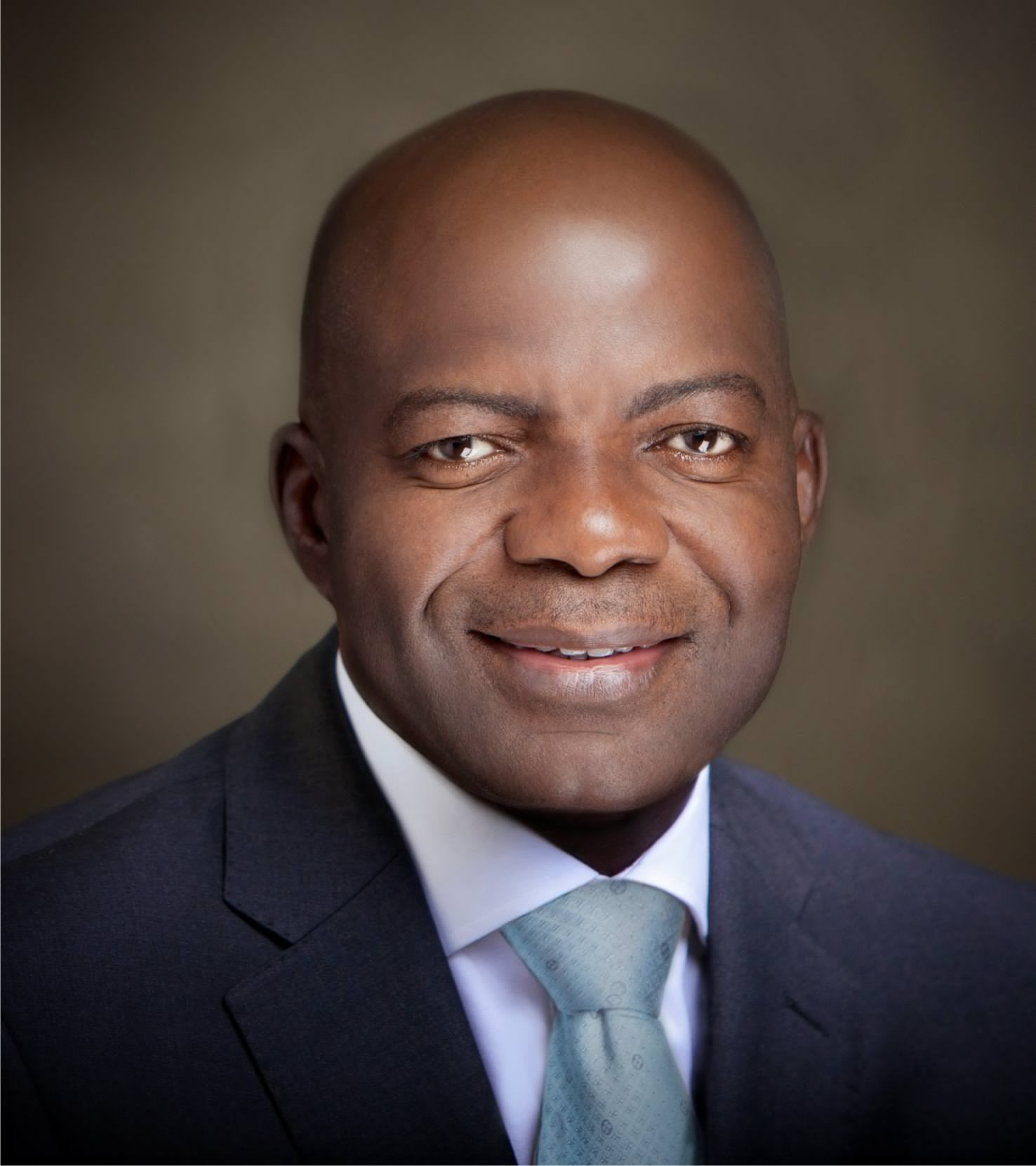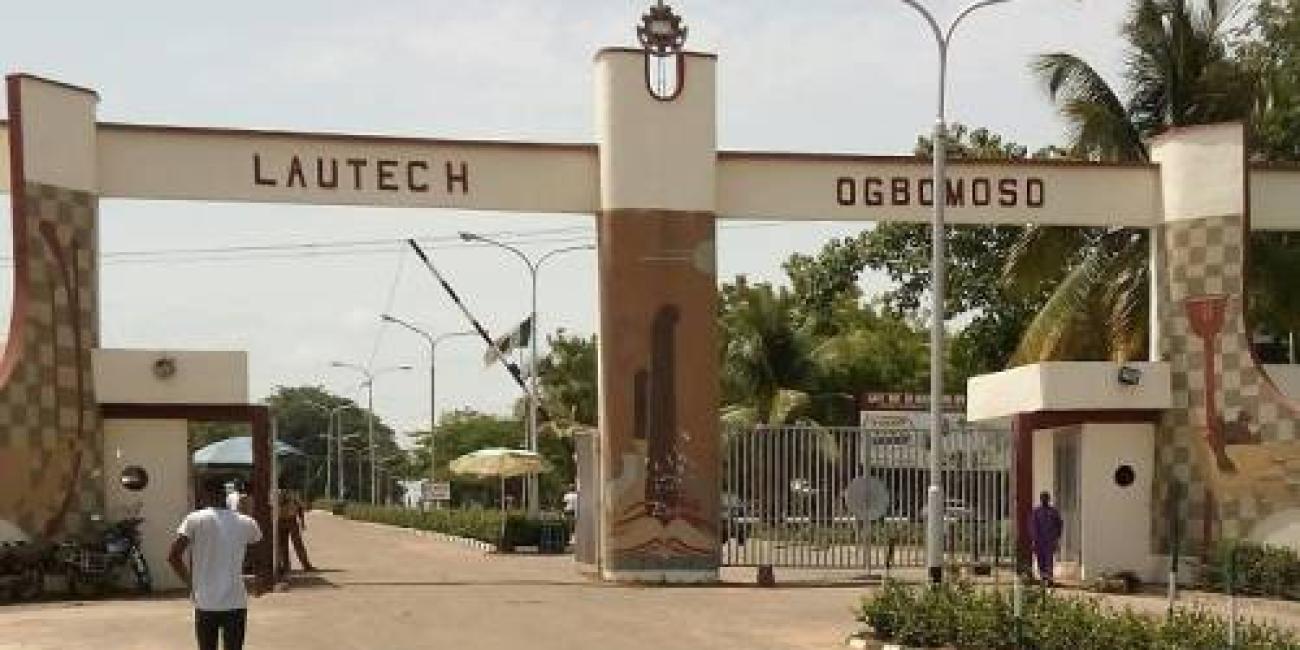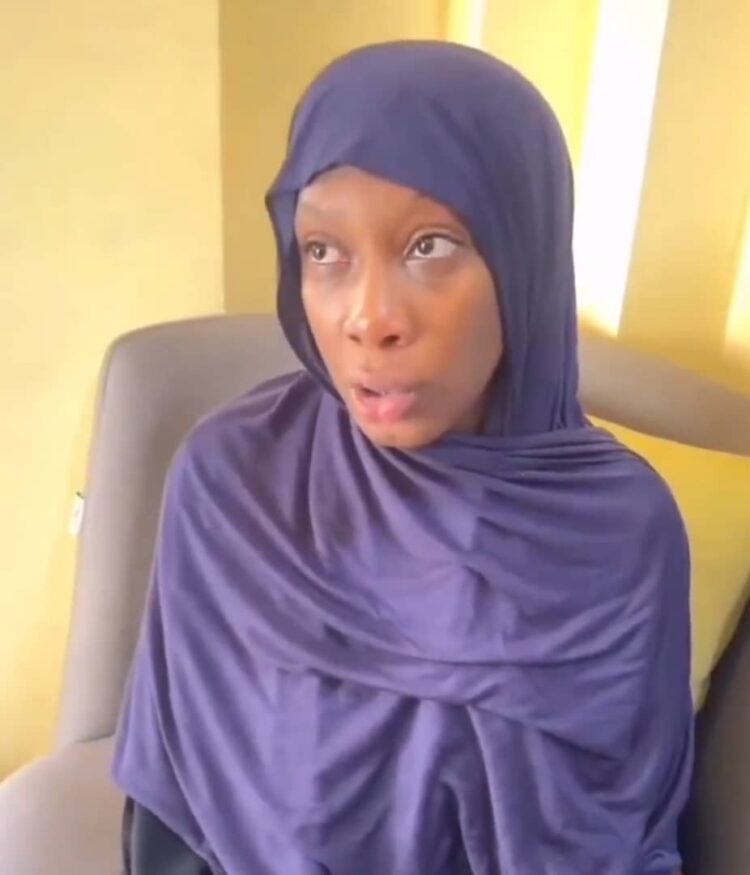No Madam, Please Let’s Not Go There By Alex Otti


cannot exist as a permanent form of government. It can only exist until the voters discover that they can vote themselves largesse from the public treasury. From that moment on, the majority always votes for the candidates promising the most benefits from the public treasury with the result that a democracy always collapses over loose fiscal policy, always followed by a dictatorship. The average age of the world’s greatest civilizations has been 200 years. These nations have progressed through this sequence: From bondage to spiritual faith; from spiritual faith to great courage; from courage to liberty; from liberty to abundance; from abundance to selfishness; from selfishness to apathy; from apathy to dependence; from dependence back into bondage.” ― Alexander Fraser Tytler (1747-1813)
The concept of democracy is hinged on two fundamental principles. These are first, separation of powers and second checks and balances. Separation of powers requires that each organ of government is independent of the rest, to avoid abuse of power. The doctrine of checks and balances, on the other hand, makes it possible for each arm of government to limit the powers of others to ensure against excessive power appropriation. A classic example is that while the executive branch of government can veto bills from the legislature, the legislature can also override the veto, subject to laid down rules. Over time, as democracy continued to take root, countries started granting some form of independence to other important agencies of government. These include the military, the press and the Central Bank also known as the reserve bank in some climes. Despite the independence of these agencies, there is still some influence exerted on them by the government. Narrowing down to the Central Bank, it is reasoned that the autonomy of the institution is critical to insulate the lender of last resort from interference from politicians whose interests are normally short-term in nature. While politicians may want to pursue populist agenda to win votes, an independent Central Bank should be more interested in pursuing policies that may not be popular but would lead to long- term stability of the economy. Thus, a political party may want to pursue a fiscal deficit policy to put more money in the system and make people happy, but a professionally-run Central Bank with eyes on the inflationary implications of fiscal deficit, would roll out a contractionary monetary policy to contain inflation and stabilize the economy.
The major mandates of the Central Bank include:
Managing the nation’s currency
Managing money supplies
Managing interest rates
Setting cash reserve requirements
Acting as lender of last resort.
Supervision of the banking system
Ensuring financial systems stability.
Recently, the Honourable Minister of Finance, Mrs. Kemi Adeosun, was quoted to have asked a legislative team that paid her a visit, to consider cutting down the “monstrous” powers of the Governor of the Central Bank of Nigeria. According to the report, she had said that it was the erstwhile Governor of Central Bank, Professor Chukwuma Soludo that had gone to the National Assembly in 2007 to seek and obtain legislative approval that resulted in the overbearing powers of the Governor of Central Bank.
While one sympathizes with the Honourable Minister, it is instructive to avoid the kind of situation highlighted above by Professor Alex Tytler who paints a very worrisome picture. Though some commentators have described it as being “hyperbolic” the import of his assertion cannot be lost on any student of history. The fiscal deficit has been the bane of most governments and when it is not controlled, the tendency for the economy to be plunged into a crisis is almost axiomatic. Beyond the certainty of inflation, is the burden of debt service on the economy. A cursory look at our economy shows that beyond the 18% inflation rate in the last few quarters, a whopping 35% of our revenue budget goes into debt service. This is a huge number as it leaves the country with just 65% of the budget to work with. If you consider that a large part of the remaining 65% goes into salaries, then you will agree that what is left for infrastructure is infinitesimal and this is in spite of huge infrastructure deficit facing the nation. Now, if we go ahead with the proposed $30billion loan, (I hope we don’t, anyway), we don’t need a soothsayer to tell us that virtually all our revenue would go into debt servicing.
I am aware that sometime in September last year, the Honourable Minister had advised the Monetary Policy Committee (MPC) of the CBN to consider reducing interest rates by lowering the Monetary Policy Rate (MPR) from the present 14% to encourage investment and reflate the economy. Recall that in the MPC meeting of July 2016, the committee had raised MPR from 12% to 14%, a decision many analysts disagreed with, given that the economy had just been pronounced as being technically in recession. However, members of the MPC in a unanimous vote on Tuesday September 20 retained MPR at 14%. The minister was not alone in the disappointment of the MPC’s decision as yours truly, shares the minister’s view that in a period of recession, interest rates should be lowered to encourage consumption. The MPC had its own arguments which included that given the level of inflation at almost 18%, lower rates would lead to negative real interest rates and is capable of discouraging savings and investments, both local and foreign. MPC also contended that lowering interest rates would encourage speculators to borrow and launch further attacks on foreign exchange which was rising very rapidly against the Naira. I have checked the literature and I am unable to lay my hands on other areas of sharp divergence between the CBN and the ministry, even though I concede that there may be other issues that may not be in the public domain. It is, however, curious that the Permanent Secretary, Ministry of Finance is a member of the MPC. At least one should have expected one descent at that meeting in question, but the vote was unanimous. My understanding is that this is a useful platform to attain monetary and fiscal policy harmony.
It is important to note that this is not the first time an attempt is being made to whittle down the powers of the CBN Governor. Under Soludo, in 2007, against the understanding of the independence of the CBN, the Presidency, directly intervened by stopping the redenomination of the Naira, full current account liberalization and currency convertibility policies that the then Governor was set to implement. President Yaradua was said not to have been properly briefed and therefore not convinced. The CBN had briefed the Presidency just a day before the public announcement as it believed it did not require the President’s approval as per the CBN Act 2007. Of course, that was the end of those policies.
Under Sanusi, legislators championed the CBN amendment Act 2012 that sought to bring the annual budget of the CBN under the approval authority of the Senate. This generated a lot of opposition from the polity leading to strong representations at the public hearing. If I remember correctly, the amendment was stillborn. National Assembly proponents of the amendment were irked by a statement made by Sanusi to the effect that the National Assembly was responsible for 25% of the recurrent expenditure of the Federal government. Senators descended heavily on him summoning him to come and not only withdraw the statement but apologize. Sanusi stood his grounds and refused to apologize. The battle line was drawn and in what looked like a vendetta mission, the Senators went after the CBN act to cut Sanusi’s powers. He was also accused of bailing out 9 banks in 2009 with some N620b ($4.2b) without appropriation by the National Assembly. CBN explained that the funds didn’t need to be appropriated as they were loans to the banks in the discharge of its role as lender of last resort. The CBN was further accused of issuing some N5.6trillion ($36.6b) government backed zero coupon bonds to purchase toxic assets and recapitalize some ailing banks between 2010 and 2011. All these are now history, Sanusi has since moved on to become the Emir of Kano but the institution remains. This points to the truism in the local proverb of “soldier come, soldier go, but barrack remains”. It also speaks to the fact that rules should neither be made nor changed because of disagreements with incumbent occupants of an office as those occupants will leave sooner or later.
A cursory look at the CBN Act 2007 shows that the activities of the CBN are supposed to be regulated and directed by a board of directors like every other institution. The board is made up of the Governor who is also the Chairman, 4 Deputy Governors, Permanent Secretary, Ministry Of Finance, 5 Directors appointed by the President, and the Accountant General of the Federation. In practice, external board members are in the majority making it difficult for the internal members to have their way without the consent of the external members, most of them appointed by the President. I believe that this is a great governance standard adopted by the act. Unfortunately, since the advent of the present administration, the board of CBN has not been constituted and therefore, the control envisaged by the Act has been put in abeyance.
While all the aforementioned roles are important, monetary policy seems to be one of the most important. Simply put, monetary policy refers to the process by which the central bank controls the supply of money in a bid to contain inflation rate or interest rate to ensure price stability and confidence in the local currency. On the other hand, fiscal policy deals with taxation, government spending, and government borrowing. Fiscal policy is usually under the control of the Ministry of Finance. Under normal circumstances, there is a need for complementarity between the two policies. In practice, however, both of them work at cross-purposes with each other, particularly, when the two institutions have different targets. Best practices require that the roles are entrusted in different hands without one reporting to the other. It must be noted though, that both the Minister of Finance and the CBN Governor report to the President and both serve at his pleasure, even though for a CBN governor to be relieved of his position before the expiration of his tenure, the President would need to secure the nod of the National Assembly with two-thirds majority vote. We are, however, aware that President Jonathan found a way around the National Assembly vote when he decided to remove Sanusi in 2014.
It is only in Zimbabwe out of all the countries I researched that the Central Bank is not independent. Given the experiences of that country, I am not sure there is anything to learn from it. Foreign investors and the international community look out for how independent the Central Bank is as a condition for making a decision to invest in that country or not. So, independence gives the investing community a lot of confidence. The truth is that foreign investors and international multilateral agencies feel that our CBN as currently constituted is not independent enough as they have been clamoring for a full- fledged deregulation of the Naira which the CBN has refused to implement. They don’t believe it is the CBN acting without some influence from the executive.
An independent Central Bank is usually very prompt in taking decisions which can save the economy huge losses rather than waiting for approvals from either a minister or parliament. Because an independent Central Bank is supposed to have a long-term view of the economy as against the short-term interest of the politician, there is bound to be disagreements and tension between the Minister and the Governor. That tension is productive as the economy stands to benefit from it.
I will, therefore, make some recommendations for the minister which I believe would help her get round the frustration. One, both the minister and the governor should be members of the economic team which I’m told is now in place. The direction the economy should go should be thoroughly discussed and agreed at that committee. This would ensure more congruence, once everyone is convinced on the right way to go.
Thankfully, the President has nominated 5 members of the CBN board a few days ago, awaiting Senate confirmation. Even though this is coming almost 2 years late, the minister will benefit from a functional board with appointees of the President in the majority. The minister’s position and opinion would hopefully be well represented at the CBN board.
Finally, the minister will do well to engage productively, with not only the CBN but other arms of government. Engagement is very useful given that it helps to sell superior positions and opinions and bring otherwise opposing sides to the desired side, subject to the superiority of argument and debate. Within the fiscal policy framework are major changes that will help stabilize the economy. The minister must insist on zero-rising ways and means, aggressively work to rebalance recurrent expenditure with capital expenditure, reign in the debt service baggage, and move towards increasing tax to GDP ratio from our current lowly 6% to at least the sub-Saharan African average of about 13% , just to mention but a few. If we can wrap our heads around these issues, then monetary policy will just become a sweetener.
The walk to CBN independence is a very long one that started in 1958. The progress that has been made so far is very commendable. Any attempt to reverse it is like setting us on a reverse journey to the Stone Age. It is not a trip that anyone should contemplate.
Email: [email protected]








